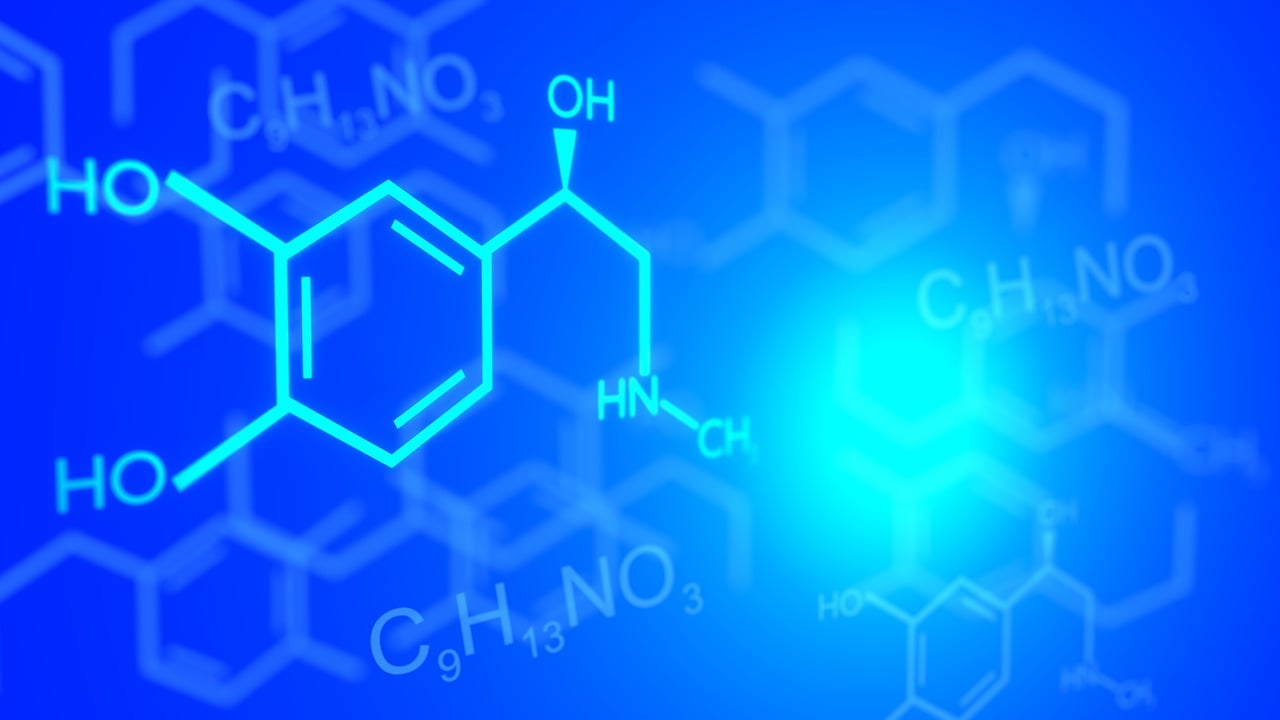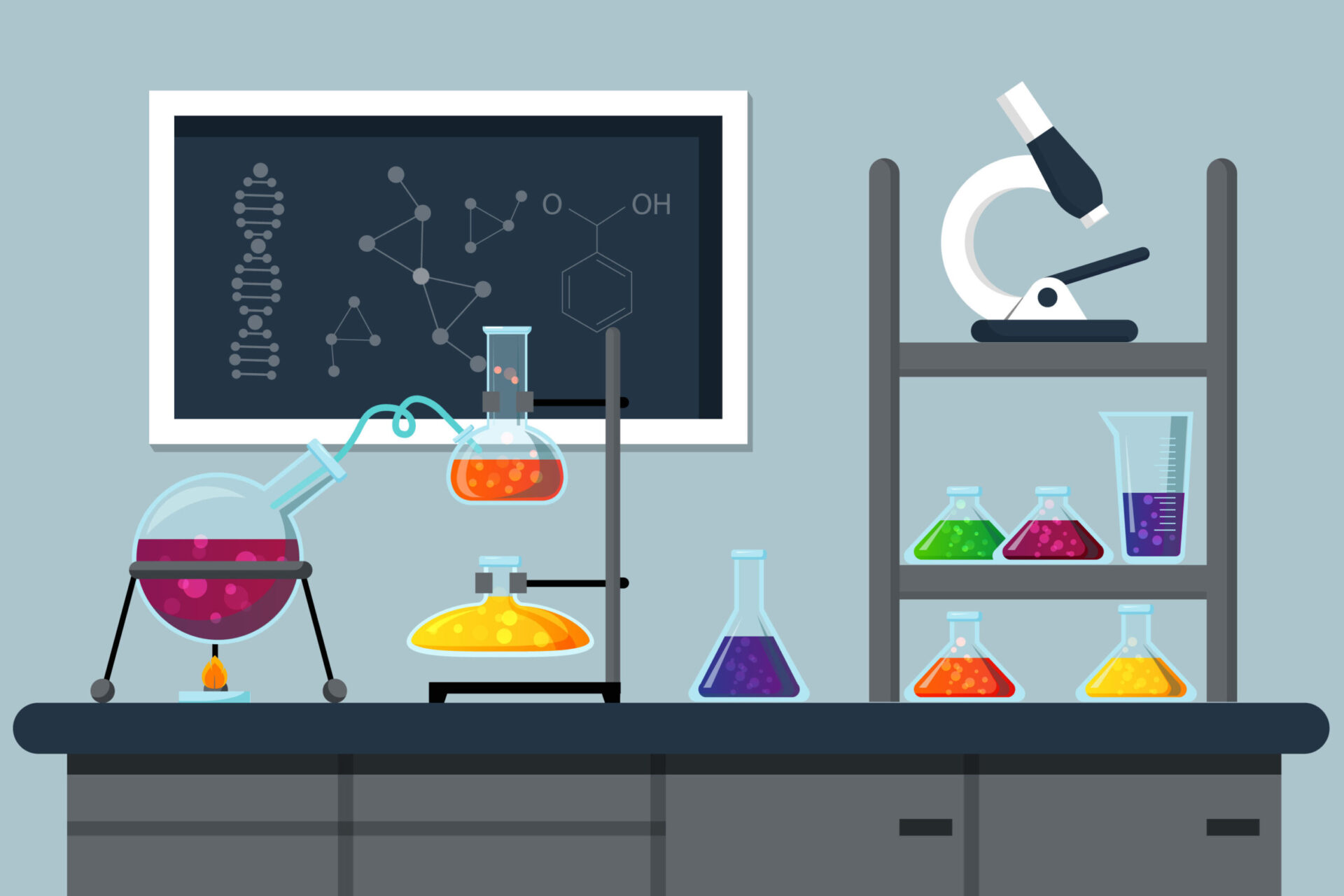Non-ionic detergents are surfactants that do not ionize in aqueous solutions, making them neutral and less reactive compared to their ionic counterparts. This neutrality offers unique advantages in various applications, from household cleaning to industrial processes
What is a Non-Ionic Detergent?
Non-ionic detergents are surfactants characterized by their uncharged hydrophilic head groups. Unlike ionic detergents, which carry a positive or negative charge, non-ionic detergents remain neutral in solution. This neutrality allows them to interact gently with various materials, making them suitable for applications requiring minimal disruption to delicate structures
Advantages of Non-Ionic Detergent
1. Gentle Cleaning Action
Non-ionic detergents are less likely to denature proteins or disrupt cellular structures, making them ideal for applications in biochemistry and molecular biology where preserving the native state of proteins is crucial.
2. Effective in Hard Water
These detergents maintain their cleaning efficacy in hard water conditions, as they are less affected by calcium and magnesium ions.
3. Low Foaming Properties
Non-ionic detergents produce less foam, which is advantageous in industrial cleaning processes where excessive foam can hinder operations.
4. Compatibility with Other Surfactants
They can be combined with anionic or cationic surfactants to enhance cleaning performance without causing adverse reactions
Common Applications of Non-Ionic Detergents
1. Household Cleaning Products
Non-ionic detergents are used in dishwashing liquids and laundry detergents due to their effective grease-cutting abilities and low foaming nature.
2. Textile Industry
They serve as scouring agents to remove oils and impurities from fabrics without damaging fibers.
3. Pharmaceutical and Biotech Applications
In laboratories, non-ionic detergents like Triton X-100 are employed to permeabilize cell membranes and solubilize proteins without denaturation. Wikipedia+1Bitesize Bio+1
4. Food Industry
Used as emulsifiers to stabilize mixtures, non-ionic detergents help maintain consistency in products like sauces and dressings.
Non-Ionic vs. Ionic Detergents
| Feature | Non-Ionic Detergents | Ionic Detergents |
|---|---|---|
| Charge | Neutral | Positive (cationic) or Negative (anionic) |
| Protein Interaction | Minimal disruption | Can denature proteins |
| Foam Production | Low | High |
| Hard Water Tolerance | High | Low |
| Common Uses | Gentle cleaning, lab applications | Heavy-duty cleaning, SDS-PAGE |
Non-ionic detergents are preferred when gentle cleaning is required, whereas ionic detergents are chosen for their strong cleaning power in more robust applications.
Examples of Non-Ionic Detergent
Triton X-100: Commonly used in laboratories for cell lysis and protein solubilization. AAT Bioquest+2Bitesize Bio+2Wikipedia+2
Tween 20 and Tween 80: Employed as emulsifiers in food and pharmaceutical industries. Wuxi Weiheng Chemical Co., Ltd.
Igepal CA-630: Used in biochemical applications similar to Triton X-100. Wikipedia
Orvus WA Paste: A gentle detergent used for cleaning delicate textiles.
Environmental Impact
Non-ionic detergents are generally considered environmentally friendly due to their biodegradability. They break down into non-toxic byproducts, reducing their ecological footprint.
Frequently Asked Questions
What is a non-ionic detergent?
A non-ionic detergent is a surfactant that does not carry any charge in its hydrophilic head group, making it neutral in solution. This property allows it to clean effectively without interacting strongly with charged molecules.Hebei Sancolo Chemicals Co., Ltd.
How does a non-ionic detergent work?
Non-ionic detergents work by reducing the surface tension between substances, allowing them to emulsify oils and suspend dirt particles, facilitating their removal during cleaning processes.
What are the advantages of non-ionic detergents?
They offer gentle cleaning, are effective in hard water, produce low foam, and are compatible with other surfactants, making them versatile for various applications.Wuxi Weiheng Chemical Co., Ltd.
What are the disadvantages of non-ionic detergents?
Non-ionic detergents can be more expensive than ionic detergents and may be less effective in removing certain types of dirt or stains that require stronger ionic interactions. U.S. General Services Administration
Are non-ionic detergents biodegradable?
Yes, most non-ionic detergents are designed to be biodegradable, breaking down into harmless substances in the environment.



